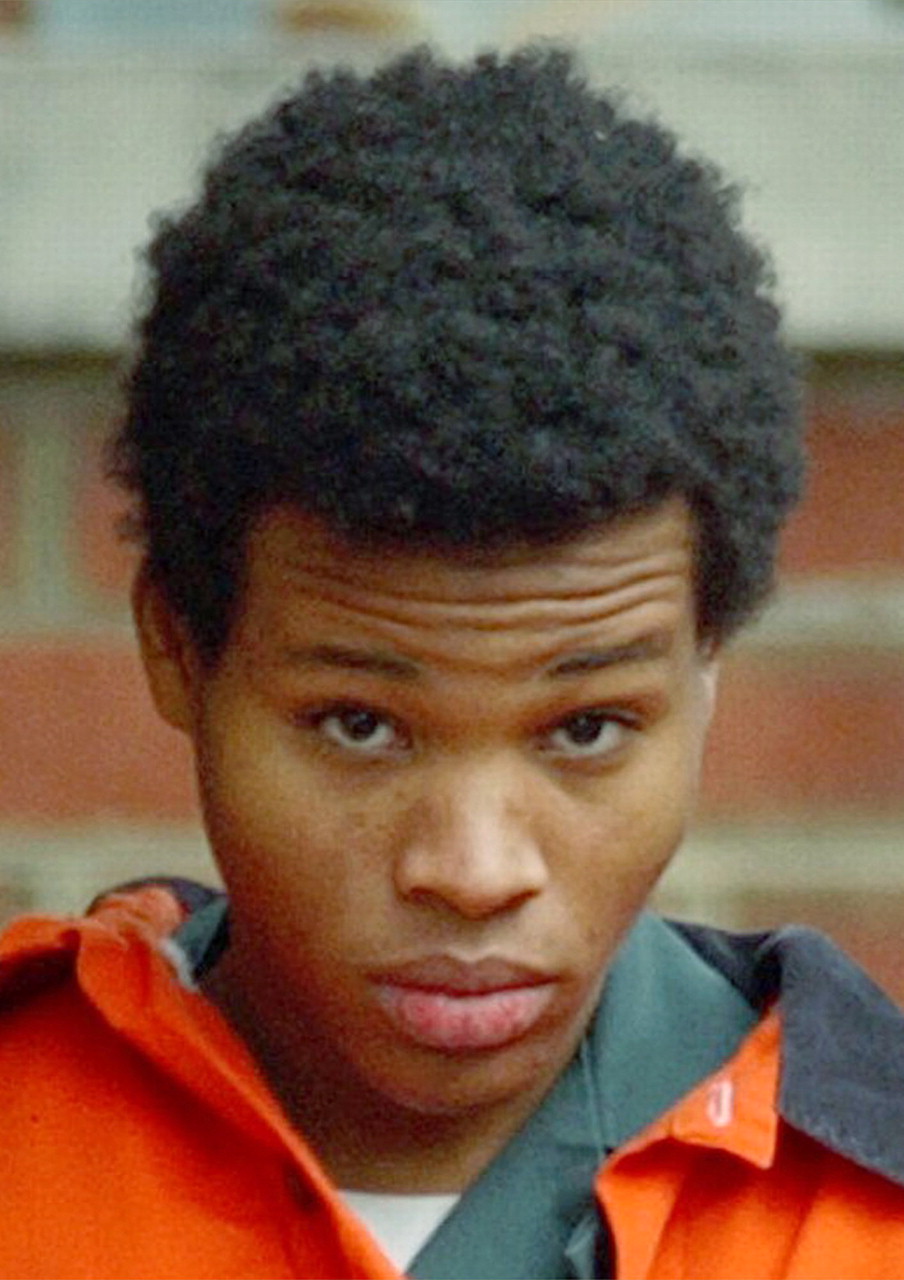A childhood marred by abuse, neglect, and the absence of a father figure rendered Washington, D.C.-area sniper Lee Malvo susceptible to brainwashing techniques that enabled him to kill without emotion, according to a psychiatrist who examined Malvo before his trial.
Diane Schetky, M.D., who served as an expert witness for the defense at Malvo's 2003 trial, quoted him as saying of convicted sniper John Muhammad,“ Anything he asked me to do I'd do. He knew I didn't have a father. He knew my weaknesses and what was missing.”
Schetky, who is a clinical professor of psychiatry at the University of Vermont College of Medicine, appeared at the annual conference of the American Academy of Psychiatry and the Law in Scottsdale, Ariz., in October to share what she learned about Malvo during two interviews with him.
Malvo was born in Kingston, Jamaica, in 1985 to Una James. His father, Leslie, doted on his young son, according to Schetky.
Leslie Malvo worked off-island, and during his long absences, Malvo was“ inconsolable,” Schetky said.
James suspected Leslie of infidelity and moved with her son to a small, rural part of Jamaica without telling him where they had gone. “Lee was devastated by the loss of his father,” she noted.
Violence Characterizes Boyhood
It was around this time that James began to take her rage out on her son, according to Schetky, by beating him with switches, brooms, and belts.
“Lee responded to the abuse by being compliant,” Schetky said.“ He learned that if he put himself in a trance, the corporal punishment didn't hurt as much.”
In addition to being a victim of violence, he was a witness, too. At age 7, while walking to school alone, Malvo saw a man killed by assailants. “At a later age he was grazed by a bullet himself on the streets of Kingston,” Schetky said.
Malvo's cousin was also murdered when Malvo was a young boy.
When Malvo was 8, James left Jamaica to obtain work, and Malvo began a series of transient placements. He had attended 14 schools by the time he was in high school, she noted, and had infrequent contact with his mother until he moved to Antigua as a young teenager to be with her.
Together they lived in a shack with no electricity or plumbing until James moved out for a period of eight months, leaving her son to fend for himself.
Indoctrination Process Begins
Malvo was 15 and longing for a father-figure when he met John Allen Muhammad in Antigua.
The teenager admired how caring Muhammad seemed with his own children, Schetky said, and they formed a bond that progressed to the point where Malvo referred to Muhammad as “dad,” instead of “sir.”
According to Schetky, Muhammad began putting his newest charge through intense physical-fitness drills and converting him to “Muhammad's version of Islam,” she said, in which the federal government was the enemy of black people.
Muhammad gave Malvo tapes, books, and lectures on the history of the oppression of blacks around the world.
During this time, “Lee complied with the indoctrination and never questioned Muhammad,” Schetky noted.
Once in the United States, Malvo and Muhammad lived together in Bellingham, Wash., where Muhammad subjected Malvo to survival training. “Lee would be tied up in the woods for hours wearing only shorts and learned to go without food and sleep,” she said.
Muhammad also taught Malvo that “emotions were the enemy and a sign of weakness,” Schetky said.
As far as Malvo knew, the indoctrination and survival training were preparation for a mission during which they would steal money to establish a utopian community in Canada, where they would live with children from minority ethnic groups.
Malvo soon learned this mission would require killing, which began two days short of Malvo's 17th birthday in February 2002 in Tacoma, Wash. As a test of Malvo's allegiance to Muhammad, he shot Keenya Cook, 21, in the face, killing her.
Schetky said Malvo had a “visceral response to the killing and was pretty shaken.”
Malvo Has Second Thoughts
According to Schetky, Malvo began to “waver” shortly before the D.C.-area sniper spree that would claim the lives of 10 people during October 2002. “He slowly realized Muhammad was not making the world a better place” and was “angry, depressed, not sleeping, and confused,” Schetky said.
At one point Malvo put a loaded gun to his head but could not pull the trigger, she added.
Ultimately, loyalty to Muhammad prevailed.
Malvo admitted to Schetky that he participated in the killings because, he said, “I was desperate to fill a void in my life, and I was ready to give my life for him.”
As an expert witness for the defense at Malvo's trial, Schetky testified to the adversities of Malvo's childhood, “all of which led to a sense of powerlessness and a lack of a cohesive self-image,” she said. She added that he had “no sense of identity apart from Muhammad.”
Schetky said Malvo was “impaired in his ability to perceive risk and demonstrated fragmented consciousness and dissociative tendencies,” which Malvo developed as a child to endure his mother's beatings.
On the witness stand, Schetky stated that as a result of Malvo's indoctrination by Muhammad, “Lee had dissociative disorder NOS, which interfered with his appreciation of the wrongfulness of his behavior.”
However, the jury in that case found Malvo criminally responsible for the death of one of the sniper victims, Linda Franklin, but rejected the death penalty.
In late October, Malvo pleaded guilty to two other sniper shootings—those of Kenneth Bridges and Caroline Seawell—in Spotsylvania County, Va., and agreed to drop his pending appeals in the Franklin case.
Malvo is now serving a life sentence without possibility of parole at Red Onion State Prison in Wise County, Va. ▪

